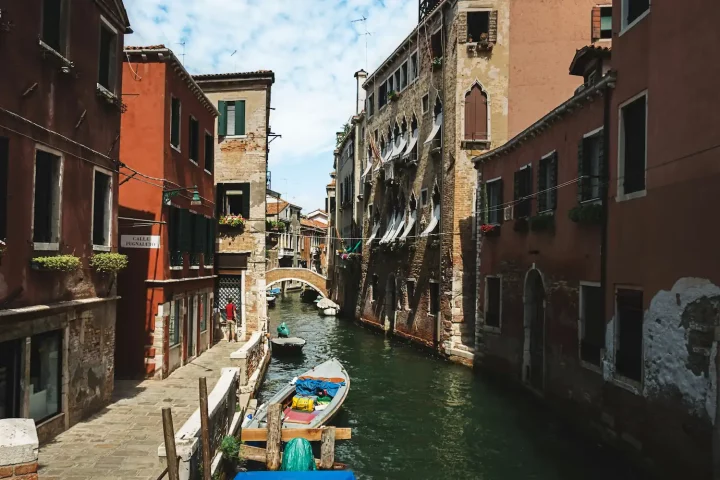For those who dream of making Italy their home, understanding the concept of permanent residency is crucial. Permanent residency in Italy is a process that allows individuals to legally reside in the country indefinitely without the restrictions of temporary visas.
It provides a sense of stability and access to various benefits similar to those enjoyed by Italian citizens. Unlike temporary residency, which is often limited to specific durations and purposes such as studying, working, or tourism, permanent residency offers a more secure and lasting solution for long-term stay.
Basic requirements for obtaining permanent residency
Obtaining permanent residency in Italy involves meeting several key requirements:
- Length of stay: To qualify for permanent residency, an individual must have legally resided in Italy for a continuous period of at least five years. This period must be documented through regular renewal of temporary residence permits.
- Stable financial means: Applicants must demonstrate that they have sufficient financial resources to support themselves and their dependents without relying on public assistance. This can be proven through employment contracts, bank statements, or other financial documents.
Step-by-step application process
Applying for permanent residency in Italy involves several steps:
- Document preparation: Gather all necessary documents, including a valid passport, proof of legal residence in Italy for at least five years, and proof of financial stability. Additional documents such as evidence of housing and proof of payment fees are also required.
- Submitting the application and obtaining permanent residency: To start the process of obtaining permanent residency in Italy, one can apply at local post offices, police headquarters, selected municipalities, or patronage institutes. If applying through the post office, collect the “yellow kit”, fill out the necessary forms, and submit them at the post office. The post office will then process your application and schedule an appointment at the Italy Immigration Office (Ufficio Immigrazione). During this appointment at the police station, you must provide a photo and fingerprints, although children aged 12 and under are exempt from fingerprinting.
- Review and approval: After submission, the application undergoes a review by the relevant authorities. The process usually takes between 60 days to six months, depending on various factors. Once approved, an appointment must be booked to collect your Electronic Identity Card.
Take advantage of specialized assistance to secure your passport for a borderless future.
Facilitating the process with Italian citizenship
One of the most effective ways to facilitate permanent residency is through obtaining Italian citizenship:
- Benefits of Italian citizenship: Italian citizenship provides numerous advantages beyond permanent residency. These include the right to vote, access to public healthcare, and the ability to work, study, and travel freely within the European Union. Moreover, Italian citizens can enjoy reduced tuition fees for higher education and various social benefits.
- Aiding the residency process: Obtaining Italian citizenship can simplify the residency process. Citizens do not need to renew residence permits or face restrictions on the length of stay. This provides greater stability and peace of mind for individuals and families planning to reside in Italy long-term.
- Rights and privileges: Italian citizenship also grants access to various rights and privileges, such as participating in local elections and running for public office. It fosters a deeper connection with the country’s cultural and civic life, enhancing the overall experience of living in Italy.
Living permanently in Italy
Living in Italy permanently offers a rich and fulfilling experience, but it also requires careful planning and adaptation. Embracing Italian culture and integrating into the local community are essential aspects of living in Italy.
Learning the language, participating in local events, and understanding cultural norms can help individuals feel more at home and build strong community ties.
Additionally, adapting to the Italian way of life involves adjusting to different work schedules, social customs, and lifestyles. Italy’s relaxed and family-oriented culture may require some adjustment, but it also offers a unique and rewarding way of life.
Services offered by io.citizen
Embracing Italian culture, with the stability and benefits of residency or citizenship, can significantly enhance one’s personal and professional life in Italy. However, obtaining Italian citizenship and permanent residency can present challenges.
That’s where companies like io.citizen come in, offering valuable support and guidance. We specialize in assisting individuals with the necessary documentation and streamlining the application process, reducing the risk of delays or rejections.
io.citizen’s comprehensive support ensures that clients have all the information and resources needed to comfortably settle in Italy. Our dedication to client satisfaction and deep understanding of Italian law make us an ideal partner for anyone seeking citizenship or permanent residency.
Are you interested? Contact us today and ask for a quotation!






